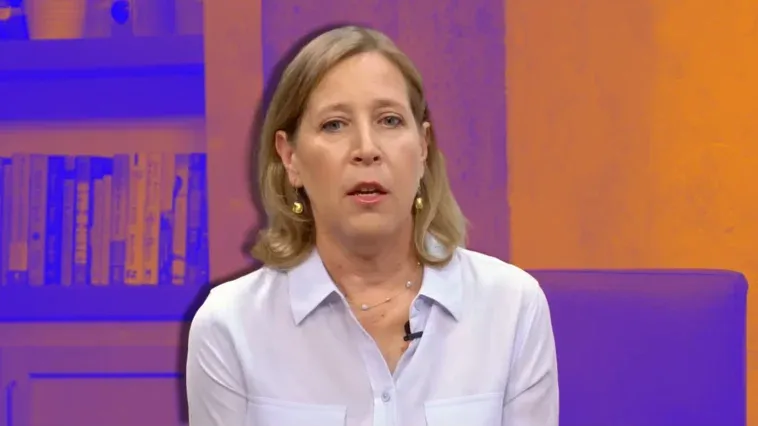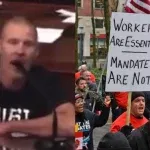(Reclaim The Net) YouTube regularly censors videos, demonetizes creators, and introduces new censorship rules. Yet in a recent interview, YouTube CEO Susan Wojcicki claimed that the platform wants to enable “as much free speech as we possibly can have.”
Wojcicki made the comments during an interview with Indonesian journalist Najwa Shihab when she was asked for YouTube’s view on governments using regulations to curtail free speech. In her response, Wojcicki framed YouTube as a free speech champion.
“In general, we wanna enable political speech. So…when we do get requests that would involve suppression of political speech, that’s a place where…we’re very…hesitant or resistant to removing it,” Wojcicki said.
She continued by adding the caveat that “every case depends on what’s happening” before making an even bolder claim about YouTube’s supposed free speech values:
“We want to enable people to express their points of view and enable as much free speech as we possibly can have.”
Wojcicki followed up by claiming that YouTube also stands up for free speech against non-democratically elected governments.
“If you, for example, have a non-democratically elected government and they’re asking us to remove content that would be suppressing free speech of people who are being persecuted in some way, that’s a place…where it would be harder for us to…remove that content,” Wojcicki said. “We would keep it up.”
Shihab pressed Wojcicki on her purported free speech stance by asking the YouTube CEO whether she believes in censorship. Shihab suggested that censorship could be counterproductive when it comes to fighting “misinformation” and that having a free flow of information rather than censorship could be a better solution.
Despite claiming that YouTube wants to enable as much free speech as possible earlier in the interview, Wojcicki responded to this question by saying: “There are lines that we draw that we think…don’t make sense for us to have on our platform.”
The YouTube CEO said that adult content was one of the first categories that YouTube banned because allowing it would have changed the nature of YouTube. However, she continued by describing other vaguer categories of content that are banned to appease advertisers:
“If we have a lot of content that is seen as undesirable or not supporting society or not being responsible, we’ll also see pullback from our advertising community. So…we wanna do the right thing but we also as a business, I believe, operate very differently than say the internet as a whole where people can go and post their information.”






